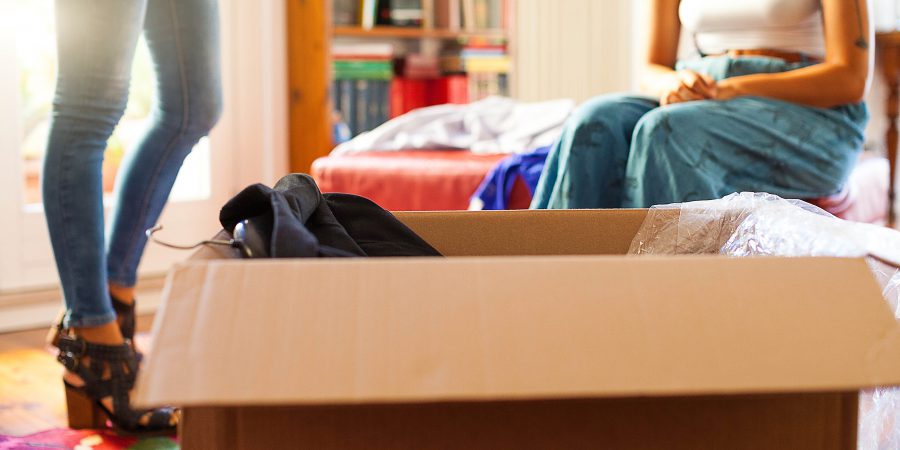When you’re shopping online, it can sometimes be easy to mistake a fake website for a legitimate one and end up purchasing counterfeit goods. Often when a deal seems “too good to be true”, it usually is. We’ve put together some tips from the Canadian Anti-Fraud Centre (CAFC) to help you avoid purchasing counterfeit or “fake” goods online.
Tips to protect yourself from counterfeit goods
Don’t trust every ad you see online.
Traffic to these fake websites with counterfeit goods is often generated through ads on social media. Remember that just because you saw something advertised on Facebook, it doesn’t mean it’s legitimate.
Do your research.
Do the prices seem drastically different than what the brand usually charges? This might be a red flag. The CAFC says that they might suggest the deal is “for today only” or “for a limited time” to justify the low price.
Confirm who you are dealing with.
Consider reaching out to the brand or manufacturer directly to confirm if the website or deal is legitimate.
Pay attention to the details.
Counterfeit sites will often have spelling errors. Make sure you also look for the appropriate email account on the website. The CAFC says that counterfeit websites will often use web-based emails (like Google, Hotmail, or Yahoo, etc) and this can be seen as a red flag.
Uh oh…this sounds familiar. I think I’ve purchased counterfeit goods. Now what?
The CAFC says that (if you paid by credit card) you can dispute the charges. They suggest contacting your credit card provider with the following information:
- Website address
- Date of purchase
- Amount paid
- Merchant name
After you do this, the bank will direct you to the CAFC, who can assist with obtaining a confirmation of counterfeit, which may enable the chargeback.
While Consumer Protection BC is responsible for regulating several industries and oversees specific consumer protection laws, we have no authority when it comes to scams or fraud. For more information on what to do if you or someone you know has purchased counterfeit goods, contact the Canadian Anti-Fraud Centre.
About Consumer Protection BC
We are responsible for regulating specific industries and certain consumer transactions in British Columbia. If your concern is captured under the laws we enforce, we will use the tools at our disposal to assist you. If we can’t help you directly, we will be happy to provide you with as much information as possible. Depending on your concern, another organization may be the ones to speak to; other times, court or legal assistance may be the best option. Explore our website at www.consumerprotectionbc.ca.
ADDITIONAL READING:
Recognizing counterfeit money
Buying event tickets from an online classified site? Be careful!
Free trial traps: how to identify them and what to do if you’re stuck



What will I do if I was sold a counterfeit luxury bag over Craigslist?
Hi Lorraine, for more information on what to do if you or someone you know has purchased counterfeit goods, please contact the Canadian Anti-Fraud Centre.